Book Review: Big Data
November 4th, 2013 Mayer-Schönberger, Viktor and Kenneth Cukier. Big data : a revolution that will transform how we live, work, and think. Houghton Mifflin Harcourt, 2013. also available as a Kindle e-book.
Mayer-Schönberger, Viktor and Kenneth Cukier. Big data : a revolution that will transform how we live, work, and think. Houghton Mifflin Harcourt, 2013. also available as a Kindle e-book.
Occasionally, a database provider restricts Duke users’ access to their database after a researcher downloads too much data. Database vendors know that there is an emerging demand for large quantities of data and they do not want to supply it at the discounted price that the library is paying. The mindsets of both researchers and commercial enterprises are shifting about the way data should be extracted and used. In Big Data a professor at Oxford and a business journalist explain that the world of information is about to change.
Authors Mayer-Schonberger and Cukier explain that in traditional academic research, faculty members look for causation. When researchers collect data, they are concerned with sample size, measurement error and bias. But in the world of big data, none of this matters because the N=all. Researchers trade their small sample size and rigorous accuracy for a comprehensive messy dataset that in the end is closer to reality. Instead of searching for causation, researchers look for patterns and correlations that offer novel insights. These correlations are also used to make predictions, without knowing the cause. Big data fundamentally changes the way research is conducted.
Every three years the world’s stock of information doubles. Processing power doubles in half that time. The volume of information available today combined with powerful data processing technologies means that researchers can process information in original ways to predict the stock market, health epidemics or societal trends. Companies can harness information as an economic input, producing services or creating innovation. With big data, things can be done at a large scale that cannot be done at a smaller one. Coursera tracks the web interactions of 10,000 students in a class to change the pedagogy based on what students understand. Experian sells data on peoples’ income levels estimated from 800 million credit histories. A third of Amazon’s sales result from its computer-generated recommendations which are based on associations among products in billions of transactions. These are far more successful than the personalized recommendations by human book critics formerly on Amazon’s staff.
Risks are abundant. Google records how we browse and Amazon knows what we buy. Verizon records who we talk to. Twitter stores what we say. Facebook logs who we like. Privacy issues are significant. In addition, computer algorithms predict the stock market with varying degrees of success but the power to pre-judge individual human behavior threatens our personal freedom. Yet big data also offers solutions to problems, both vexing everyday problems and transformational societal issues. Big Data is a clear look into how information is changing our world in surprising ways. A remarkable and readable book, Big Data is highly recommended.
© Reviewer: Meg Trauner & Ford Library – Fuqua School of Business.
All rights reserved.
 Brown, Brené.
Brown, Brené.  We hope our Fuqua MBAs and MMS students are enjoying their Fall Break! Because classes for these programs are not in session; and don’t resume until Monday, October 28, you may experience a delay in receiving personal account credentials for the following resources if you register for access after 1:00 PM on Friday, October 25, 2013.
We hope our Fuqua MBAs and MMS students are enjoying their Fall Break! Because classes for these programs are not in session; and don’t resume until Monday, October 28, you may experience a delay in receiving personal account credentials for the following resources if you register for access after 1:00 PM on Friday, October 25, 2013. The Wisdom and Teachings of Stephen R. Covey
The Wisdom and Teachings of Stephen R. Covey Smart Talk
Smart Talk
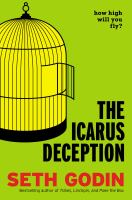

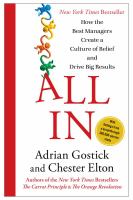 All in
All in The Athena doctrine
The Athena doctrine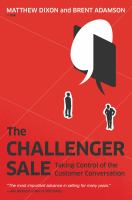

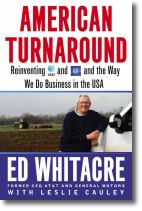 Whitacre, Edward E.
Whitacre, Edward E. 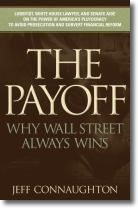 Connaughton, Jeff.
Connaughton, Jeff.